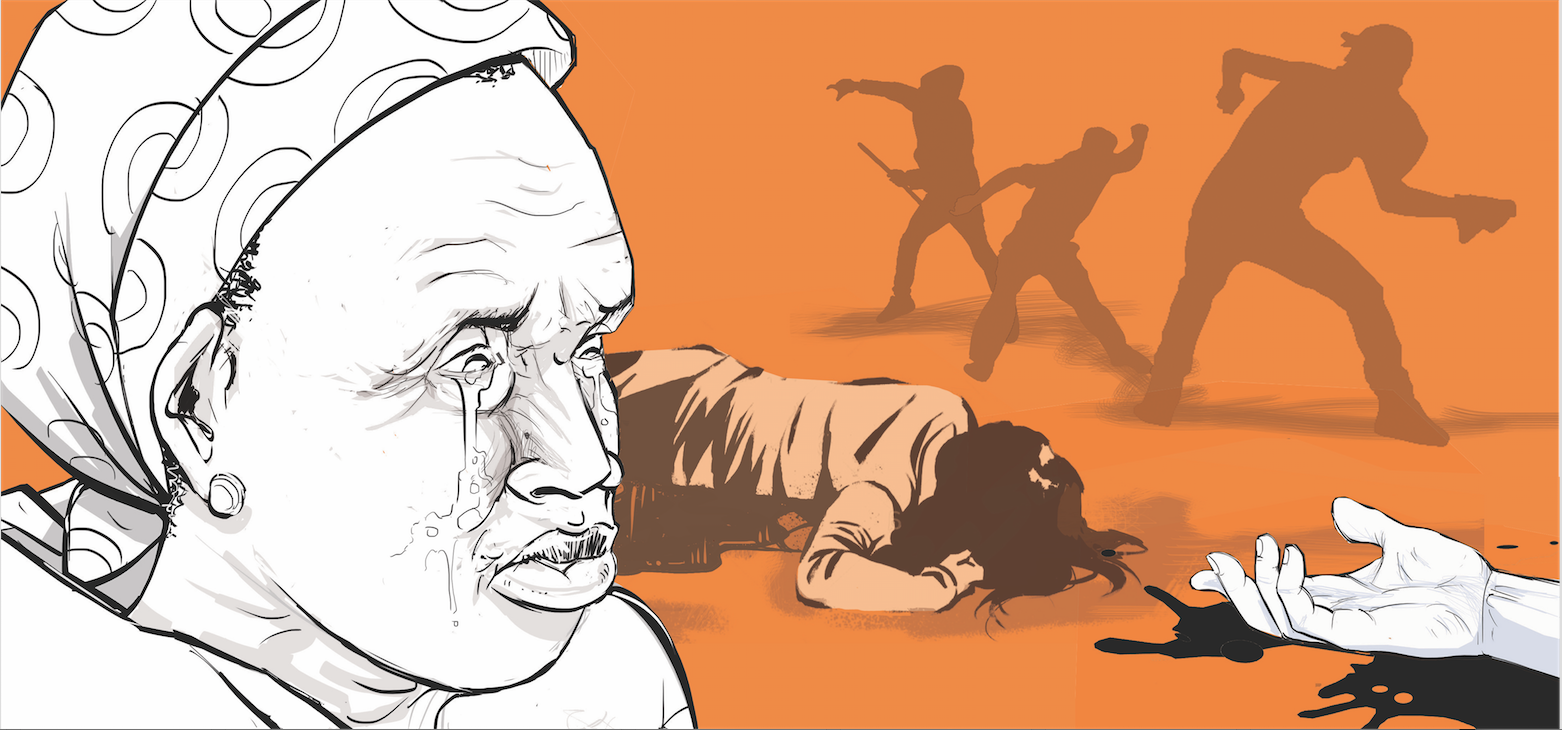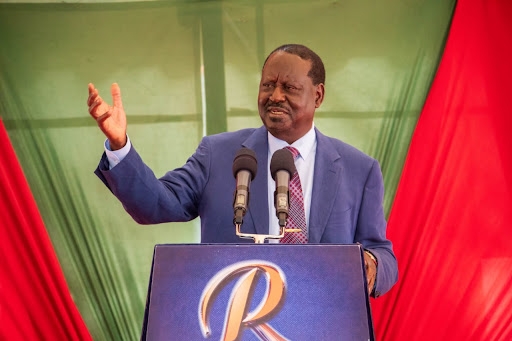
Lately, politicians have disturbingly normalised urging police to embrace a directive of lethal force. It began with Interior Cabinet Secretary Kipchumba Murkomen openly endorsing shoot-to-kill orders after the June 25 protests.
Days later, after the Saba Saba demonstrations, President William Ruto directed the police to shoot protesters in the leg. This order was soon escalated by Belgut MP Nelson Koech, who replaced it with an outright shoot-to-kill stance, prompting nationwide concern.
The Kenya National Commission on Human Rights
documented at least eight deaths caused by police bullets and over 400 injuries
during the June 25, 2025, protests.
On July 7, at least 38 people lost their lives in anti-government demonstrations. Among the victims was 12-year-old Bridget Njoki, fatally struck by a stray bullet while watching television at her home in Kiambu. Also killed was 24-year-old Edwin Ndamberi, who was shot in the head near Nairobi’s Co-operative Bank junction.
There is a clear correlation between the rising
number of protest deaths because of gunshot wounds, emboldened police and the
shoot-to-kill orders.
The constitution, born of pain and aspiration, is explicit in Article 26(1), which declares that every person has the right to life. Article 28 guarantees every person’s inherent dignity and the right to have that dignity respected and protected. Article 37 provides that every person has the right—peaceably and unarmed—to assemble, demonstrate, picket and present petitions to public authorities.
Thus, the shoot-to-kill directive by state
authorities goes beyond mere recklessness as it undermines the spirit of the constitution
and dishonours the sacrifices of those who fought for freedom and dignity in
Kenya.
Further, the National Police Service Act (Section
61) reinforces this principle. It states that force must be used only when
necessary and proportionate to the threat, with firearms as a last resort to save
lives.
In addition, Article 244 of the constitution
requires the National Police Service to promote and protect human rights and
fundamental freedoms, a mandate entirely at odds with any orders to maim or
kill.
Kenya remains bound by international law. The UN Basic Principles on the Use of Force and Firearms by Law Enforcement Officials require that firearms be used only when strictly unavoidable to protect life. But the cases of deaths because of police bullets did not threaten lives during the recent protests.
Orders to shoot at protesters, whether in the leg
or elsewhere, violate these national and global standards and risk turning
Kenya into a pariah on human rights.
A bullet to the leg is not a humane alternative. It
can cause agonising deaths from blood loss. In 2024, Rex Masai died from a
gunshot wound to the leg. Such injuries can also leave citizens permanently
disabled simply for exercising freedoms guaranteed by the very document our
leaders swore to uphold.
These rights are hard-won, non-negotiable and not
privileges to be granted by the regime. Disregarding them threatens the moral
compass that guides our nation and risks eroding the foundation of our
democracy.
Beyond legal concerns, normalising state violence
crushes dissent and silences opposition. Countries like Haiti, Venezuela and
Syria show how such actions breed fear, radicalisation and instability. This
is a dangerous path that Kenya must avoid if it is to protect its democracy and
social fabric.
Democracy does not sustain itself but requires
constant vigilance, moral courage and a united refusal to accept impunity as
the norm.
Shoot-to-kill orders are unacceptable, illegal and
unconstitutional. They pose a direct threat to Kenya’s already fragile
democratic progress. As Pio Gama Pinto warned, “A government that does not
listen to its people plants the seeds of its own destruction.”
Nerima is the Programme Manager for Inclusion and Political Justice at the Kenya Human Rights Commission













